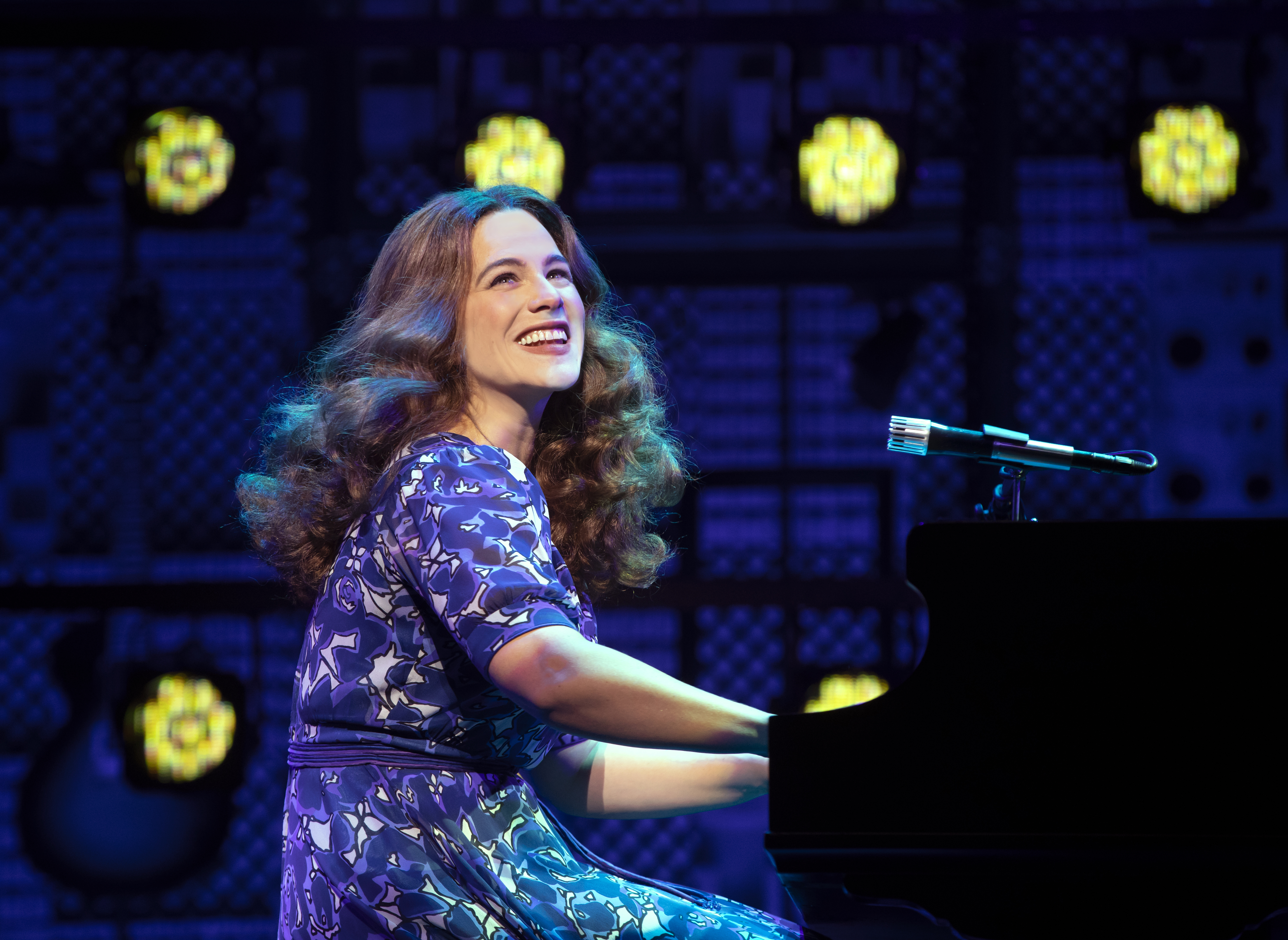American opera singer Soloman Howard is making a difference both on and off the stage. The Anti-Defamation League presented him with their “Making a Difference Award” in 2016 for raising awareness of voting rights and for bringing opera into the larger community, and Howard has also been blazing a trail on stages around the world – including performances at the Metropolitan Opera – part of a new generation of Black singers changing the world of opera.

Howard will play the role of Fafner in the Opéra de Montréal’s production of Richard Wagner’s masterful work Das Rheingold, which opens at Salle Wilfred-Pelletier at Place des Arts on Nov. 10.
Das Rheingold was an inspiration for the famous Lord of the Rings trilogy, and the OdeM production features more than 115 artists, singers, and supernumeraries. This production also stars one of the world’s great Wagnerian singers, American bass-baritone Ryan McKinny, who will sing his first Wotan, the legendary role at the heart of Wagner’s Ring.
During a recent rehearsal for Das Rheingold, I sat down with Howard, a bass whose talking voice is so deep he sounds like Barry White.
Curtains Up: Did you grow up with opera?
Soloman Howard: Not at all. I grew up in a Christian household, my parents were preachers, so I grew up in the gospel tradition. I listened to gospel music growing up. I was not exposed to classical music until I went to a church where my godfather was in charge of the music. I used to sing with the choir there. That’s where I was exposed to classical music.
How did you discover opera?
SH: I discovered opera at Morgan State University in Baltimore. We were named by Reader’s Digest and Time magazine as America’s best college choir and we travelled around the world. We did a concert version of Porgy and Bess which was my first time listening and participating in opera. After that I went to the Manhattan School of Music where I worked with Bobby McFerrin and Wynton Marsalis, and from them I saw two prominent African American figures who had the ability to do other stuff. They are great classical musicians as well. So I deliberately pursued studies in classical voice, operatic training, and when I finished there, a year later did a one-on-one audition with Maestro Placido Domingo (for the Washington National Opera chorus where he would graduate from the Washington National Opera’s Domingo-Cafritz Young Artist Program). I was very fortunate to have that experience.
Who were your role models in the world of opera?
SH: I did not see a lot of African Americans on stages. But a great mentor of mine is Morris Robinson. Before him, there was Simon Estes and Paul Robeson – but I had to look at footage. When I was an undergrad, I walked up to Morris and said, “I want to do what you’re doing.” And he said, “With that voice, I think you should!” He gave me his contact info and said, “If you ever have any questions, reach out to me.” Another mentor was April Haynes, a member of the Met chorus for over 20 years. She knew what it took specifically from an African-American male to make it through.
You portrayed Muhammed Ali in the opera Approaching Ali which had its world premiere with the Washington National Opera at the Kennedy Centre in 2013.
SH: Yes! Another person who really inspired me was Muhammed Ali. I had an uncle who boxed, so he trained us growing up. Then I was in the Muhammed Ali opera that was written for me, so I got the chance to meet Ali. Prior to meeting Ali, I watched clips of him fighting. He always said, “I don’t have to be what you want me to be.” Ali believed he was the greatest and, for a lot of us, it is the self-motivation.
Obviously I didn’t see a lot of (Black) people doing what I did, especially in my community coming up in Southwest DC – the roughest neighbourhood in Washington, DC. I did not have exposure to people who said, “I am here essentially to fulfill my purpose, not what you think my purpose is. I don’t have to be what you want me to be, I am here to be what I am meant to be.”
And this is what I am meant to be.
The Opéra de Montréal presents Das Rheingold at Salle Wilfrid-Pelletier, Place des Arts, on Nov. 10, 13, 15 and 17, at 7:30 pm For tickets, visit operademontreal.com.
For more about Solomon Howard, visit solomanhoward.com.
Photo credit: Opéra de Montréal Das Rheingold production photo (top) by Yves Renaud.



